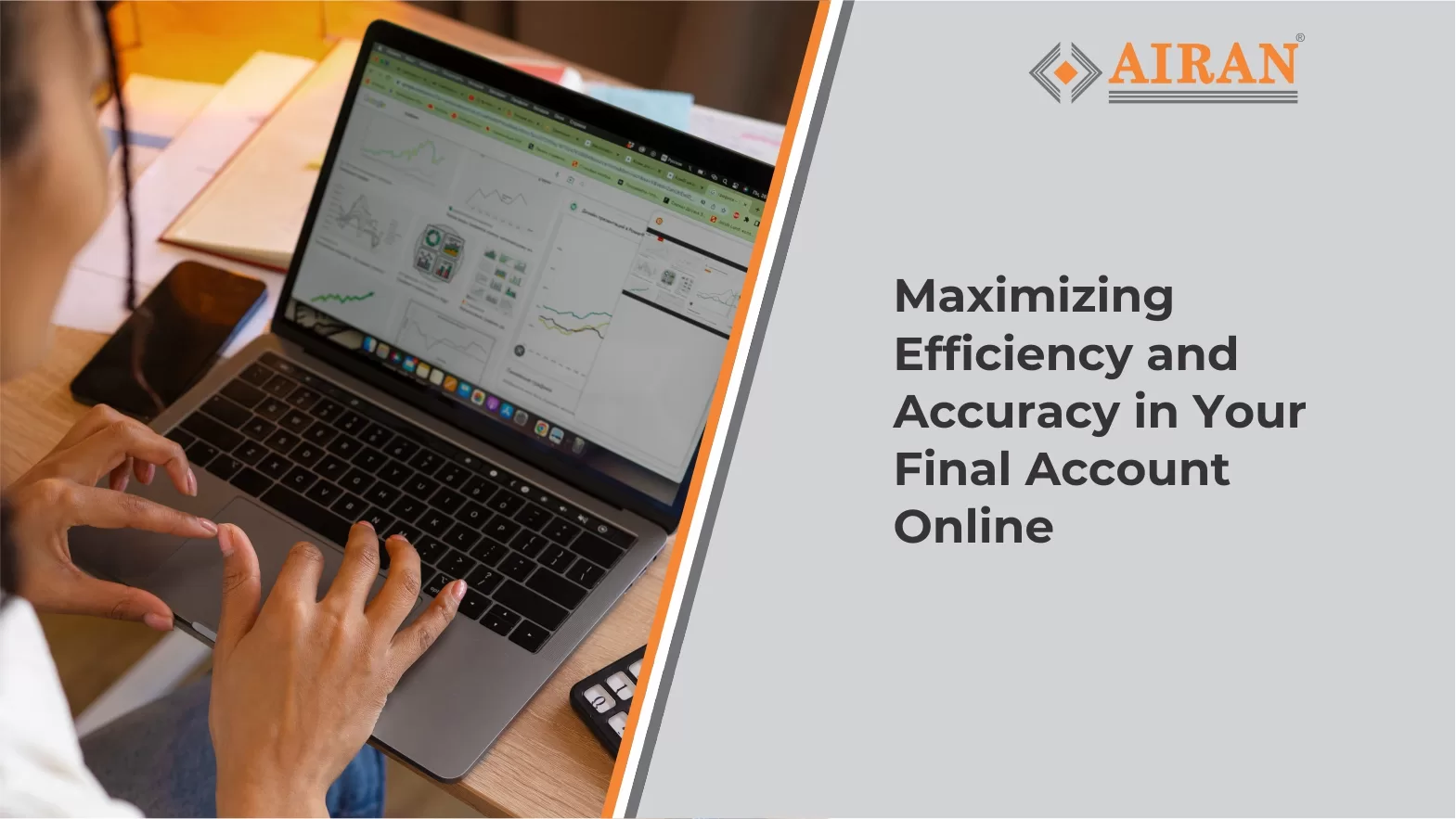Maximizing Efficiency and Accuracy in Your Accounting Finalization
Accounting finalization is closing the books at the end of an accounting period, usually on a monthly or yearly basis. This process is crucial to ensure that the financial records of a business are accurate and up-to-date. Inaccurate financial records can lead to various problems, including incorrect financial statements, misunderstandings about the financial health of a business, and even legal problems. To avoid these problems, maximizing efficiency and accuracy in the final accounts process is essential.
The following are some tips for maximizing efficiency and accuracy in your accounting finalization:
Automate routine tasks
One of the most time-consuming tasks in the accounting finalization process is the reconciliation of accounts. This process involves checking that all accounts are balanced and that all transactions have been recorded correctly. To make this process more efficient, consider automating routine tasks, such as bank and credit card reconciliations, using accounting software. This software can also help you track and manage your accounts payable and receivable, as well as your general ledger.
Review and update policies and procedures
Having clear policies and procedures is essential for maximizing efficiency and accuracy in the accounting finalization process. These policies and procedures should be reviewed and updated regularly to ensure they align with industry standards and current best practices. This will also help to ensure that all staff members are following the same procedures and that there is consistency in the way transactions are recorded.
Use technology
Technology has the power to streamline and simplify the accounting finalization process. Using cloud-based accounting software, for example, you can access your financial records from anywhere at any time. This allows you to collaborate with your team members, review and approve transactions, and complete finalizations more quickly and efficiently. Many accounting software solutions offer advanced analysis, helping identify areas for improvement.
Implement internal controls
Implementing internal controls is critical to ensuring the accuracy of your financial records. Create checks and balances, like multiple approvals for big transactions or software to spot unusual activity, to ensure accuracy. By implementing internal controls, you can help to prevent errors and fraud and ensure that your financial records are accurate and up-to-date.
Stay organized
The organization is key to maximizing efficiency and accuracy in the accounting finalization process. This means keeping track of all transactions and ensuring that all supporting documentation is properly filed. It is also important to establish a clear and concise system for filing and storing financial records, as this will make it easier to retrieve information when needed.
Provide training
To ensure that all staff members are properly trained and equipped to handle the accounting finalization process, it is important to provide ongoing training and support. This can include training on the use of accounting software, as well as training on industry standards and best practices. Equip your team with the right tools and knowledge for a smooth and efficient accounting finalization process.
Stay up-to-date with industry changes
The accounting industry is constantly evolving, and it is important to stay up-to-date with changes and developments. This can include attending industry events and conferences, reading industry publications, and participating in online forums and discussion groups. By staying informed, you can stay ahead of the curve and ensure that your accounting finalization process is always at the forefront of the industry.
Conclusion
In conclusion, maximizing efficiency and accuracy in your finalization of accounts requires a combination of automated processes, a robust internal control system, proper documentation, regular reconciliation of accounts, and continuous training. Implementing these measures will help reduce the risk of errors and ensure that the financial statements are accurate, complete, and free from material misstatements.




